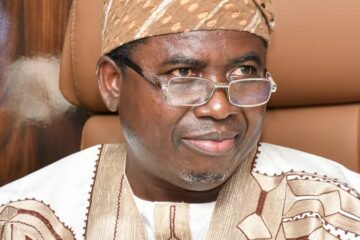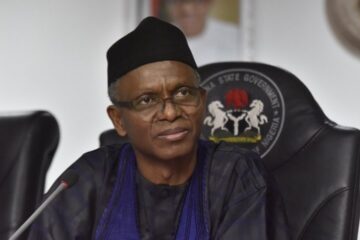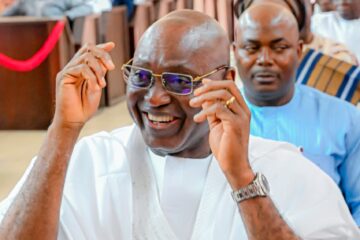Nigerians pay N1.5trn despite N15trn income – Oyedele

Oyedele
The Chairman of the Presidential Committee on Fiscal Policy and Tax Reforms in Nigeria, Dr. Taiwo Oyedele, has said that personal income tax revenue amounted to just N1.5trn, despite declared incomes totalling N15trn by Nigerians in 2023.
He said this Wednesday in Abuja at the two-day 2024 National Tax Conference organised by the Tax Justice and Government Platform comprising the Civil Society Legislative Advocacy Centre (CISLAC), ActionAid Nigeria (AAN), Oxfam in Nigeria, Centre for Democracy and Development (CDD), Christian Aid, International Budget Partnership and the NLC.
Recall that the tax reform bills have generated heated debate and divisions across the country, with the majority of the push-backs coming from the North.
Many governors and some leaders from the North contested that the tax reform bills, (which also led to open confrontations in both chambers of the National Assembly), are meant to favour Lagos State and other narrow interests, as well as shortchange the North.
Oyedele noted that the country is only collecting about 30% of its potential tax revenue, despite efforts to address the challenge.
“In Nigeria, we estimate that about 70% of potential taxes go uncollected. Personal income tax revenue for 2023 amounted to just N1.5trn, despite declared incomes totalling N15trn.
“The gap is unbelievable. This discrepancy highlights significant issues of aggressive tax avoidance and ineffective incentives,” Oyedele said.
He said that the controversy surrounding the tax reform bills is needless.
He said, “We have a once-in-a-lifetime opportunity to reform what has been wrong with our tax system for decades. If we miss this opportunity, I do not think we will have it again in my lifetime.”
He expressed optimism about the current administration’s commitment to reform, saying President Bola Tinubu understands the system and who is committed to the process.
He called for prioritising spending on education, health, and security to alleviate multidimensional poverty in the country.
Addressing the contentions on the Value Added Tax (VAT), he cautioned against allowing debates to distract from more pressing matters.
He argued that the original intent of the free zones, to promote exports, has been compromised as they now allow entities to sell into the domestic market without proper taxation.
On his part, Executive Director of the CISLAC, Mallam Auwal Musa Rafsanjani, noted the urgent need for tax reform in Nigeria.
He highlighted the importance of a fair tax system in stabilising the economy.
He commended the National Assembly for suspending hearings on these bills to gather broader input from citizens.
He said that while the bills hold the potential to transform Nigeria’s fiscal framework, however, increasing the VAT rate on non-essential items in the current economic climate was unacceptable.
He said that without a social safety net, this will worsen already difficult living conditions as a blanket 10 per cent VAT increase will disproportionately impact low-income Nigerians, further deepening inequality.











